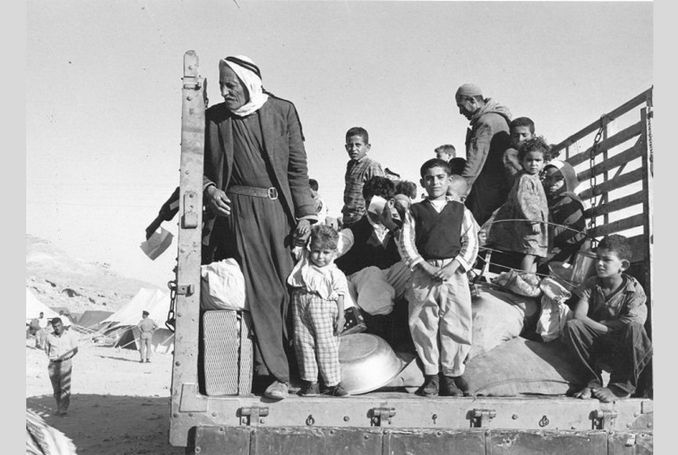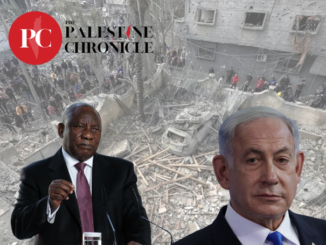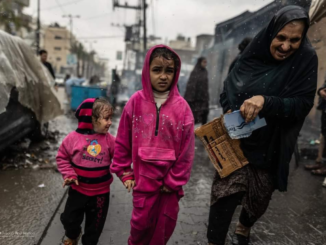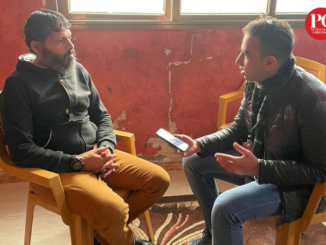
By Ramona Wadi
In its annual report to UN Secretary General Antonio Guterres, the Committee on the Exercise of the Inalienable Rights of the Palestinian People recommended that Israel acknowledges the Palestinian Nakba. The backdrop for such an acknowledgment remains the two-state compromise, which defeats the purpose of the recommendation.
Such recognition, according to the report, is “a necessary requirement for a viable and lasting peace.” The Committee also recommended that “Palestine refugees should be treated as dispossessed nationals of a country – Palestine – rather than stateless refugees.” It refuted the framing of colonization as “conflict”, stating, “It is not a conflict between two parties over disputed territory. It is one of one State occupying, colonizing and annexing the territory of another state.”
The terminology is a far cry from the usual platitudes used by UN institutions. However, there is still the possibility of manipulating Palestinian rights due to the Committee’s adherence to the two-state paradigm. Taking a stance against the Israeli and US efforts to alter, to the point of non-recognition, the Palestinian refugees and their legitimate right of return is not enough if the Committee does not articulate an alternative that is derived completely from Palestinian narratives.
The two-state scenario has been exposed as a scam to facilitate Israel’s colonization of Palestinian territory and create a perpetually displaced population, to the point that the Palestinian right of return needs to be read and interpreted in relation to the ongoing displacement. In Palestinian memory, the Nakba is not restricted to 1948, because Israel’s ethnic cleansing of Palestine has never stopped.
As the international community fails to challenge Israel’s colonialism and demographic obsession, it is consenting to Israel’s displacement of Palestinians from their territory. Far from promoting the importance of recognizing the Nakba, the international community is endorsing it by allowing Israel to exist on its own terms, while Palestinians are constantly forced to modify their existence to accommodate a colonial power on their territory.
Nakba denial by Israel is steeped in its fabricated narratives, imposed upon the international community and disseminated in such a way that Palestinian narratives, despite their legitimate roots, are forced to fight for space in order to gain international recognition, let alone endorsement.
The international community’s obsession with dissociated commemoration runs contrary to its purported human rights obligations. It is also an insult to Palestinians’ memory that their history is condensed into remembrance on specific days while Israel has been allowed every day of the year since 1948 to advance its colonization of Palestinian territory, to say nothing of the earlier settler-colonialism that facilitated the establishment of the state.
International recognition of the Palestinian Nakba as an ongoing trauma in Palestine’s collective memory would isolate Israel’s attempts to force it into oblivion. Yet, this step cannot be implemented within the two-state framework as the latter still endorses Israel’s colonial existence as legitimate, while presenting a hypothetical Palestinian state as dependent, even malfunctioning, in terms of self-determination and its exclusion of Palestinian liberation.
The politicization of the Palestinian right of return is thus imperative. As things stand, the international community continues to feed the illusion that the two-state compromise constitutes the only political solution, while the right of return is misrepresented as compensation in its entirety. This is why Palestinians must determine their own right of return even if it challenges the international community’s impositions.
– Ramona Wadi is a staff writer for Middle East Monitor, where this article was originally published. She contributed this article to PalestineChronicle.com.







